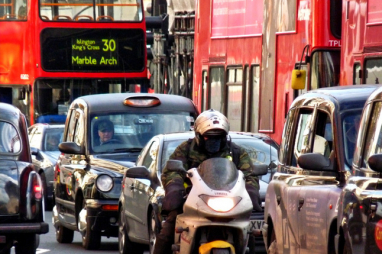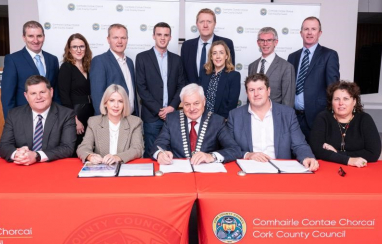- Nike KD 15 Colorways + Release Dates , IetpShops , nike sb good skating pants
- reviews on air jordan outlet
- air jordan 5 island green releasing in november (2023) , SBD , air jordan 5 island green releasing in november
- NIKE AIR JORDAN 1 GOLF LOW RUST PINK , IetpShops , Russell Westbrook Nike jordan 1 flight 4 premium кроссовки мужские Northern Lights All Star
- Air Jordan 4 Retro Off - CV9388 - White Sail - 100 - Jordan Brand quietly slipped in a new rendition of the low-top
- Air Jordan 3 Rust Pink CK9246 600
- air jordan spring 2021 retro collection release date info
- new air jordan 1 high og osb dian blue chill white cd0463 401
- Air Jordan 1 Mid Bred 554724 074 2020 Release Date 4
- air jordan 1 mid chicago 2020 554724 173
- Home
- News and analysis
- Info hubs
- Events
- Video
- Case Studies
- About us
- Magazine
- Advertising
Produced for the industry by the Association for Consultancy and Engineering
News
Congestion charge must be reformed says London Assembly

London's congestion charge is no longer fit for purpose and should be reformed or replaced with a more radical system of measures, according to the London Assembly Transport Committee. A new report by the committee, London Stalling, says the congestion charge – introduced in 2002 – is no longer effective, is "too blunt an instrument" and should ultimately be replaced with a more sophisticated system of road pricing. This could charge motorists according to the time and location at which they're driving and across a wider area of London, the report says.
The committee includes a range of other recommendations to reduce road congestion, which has got considerably worse in recent years. London Stalling finds vehicle delays to have increased across all parts of London. The reasons are complex, but are mostly down to increases in light vans, HGVs and private hire vehicles, combined with reductions in road space for cars in favour of buses, cyclists and pedestrians.
Transport for London has measures in place to try to combat congestion, but it's not enough, says the committee chair Caroline Pidgeon. A survey of Londoners has found half would support road pricing and only a fifth would oppose it, according to the London Stalling report.
“Something dramatic has to be done about the enormous congestion problem on London’s roads. The issue is costing our city money and costing Londoners their health and wellbeing," Caroline Pidgeon said. "Road pricing would be a fairer approach, as road users would pay according to how much they contribute to congestion."
London's Mayor Sadiq Khan is yet to publish his transport strategy, which is expected within a matter of weeks. In November 2016, the Mayor's Office announced a series of 'immediate' measures for combating road congestion, including efforts to increase the reliability of buses to encourage people out of their cars, and initiatives aimed at reducing disruption from planned and unplanned incidents.
In response to the London Stalling report, Transport for London's chief operating officer for surface transport, Garrett Emmerson, pointed to the positives – that London's "success and population growth" were the sources of the congestion. He said TfL is responding to the challenge by encouraging walking, cycling and use of public transport. "We and the Mayor are also working to tackle congestion by encouraging more efficient deliveries, doubling the bus priority programme and co-ordinating roadworks better. We’re also investigating the feasibility of removing the congestion charge exemption for private hire vehicles," Emmerson said.
However, Caroline Pidgeon said: "Tinkering here and there is not going to achieve what's needed. A total rethink about who uses our roads and how is imperative," she said. London Stalling also recommends consideration of a workplace parking levy, which only Nottingham has managed to introduce so far, plus reduction of night-time deliveries.
Road pricing will not be popular with all. Two of the Assembly committee's members have objected to it in principle, while the Freight Transport Association head of policy and public affairs, Christopher Snelling responded by pointing out that a system of road pricing should not penalise businesses and target drivers that can make a change.
“The Assembly surveyed car drivers to see if they would change behaviour but not commercial operators," Snelling told UK Haullier. "Unlike car drivers, we don’t operate at a time of our choosing but respond to customers’ requirements – the needs of London’s businesses. If road pricing is not just to be a tax on London it needs to focus on those who have an alternative – mainly the car or taxi user. Water, rail and cycle logistics can all play a useful role in places but even used to the maximum it does not change the fact that the vast majority of deliveries in London will be made by vans and lorries."





